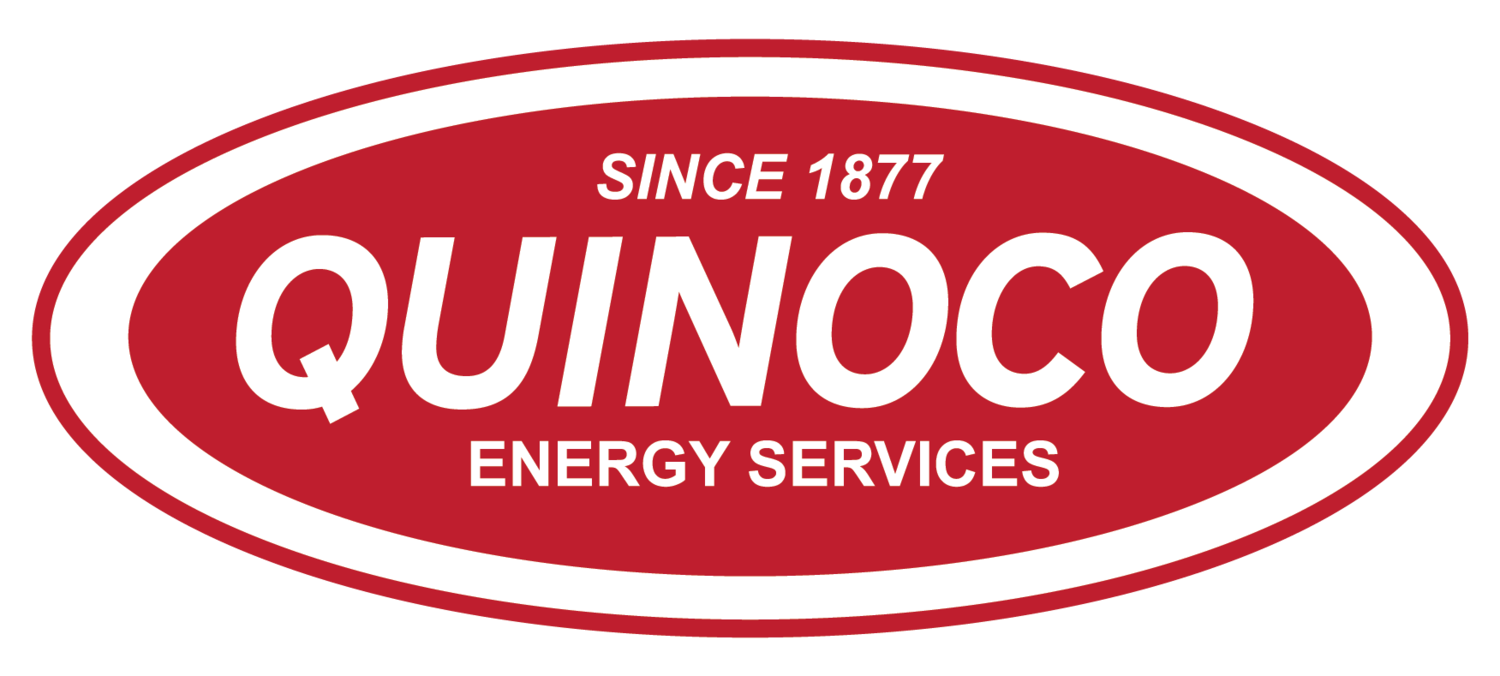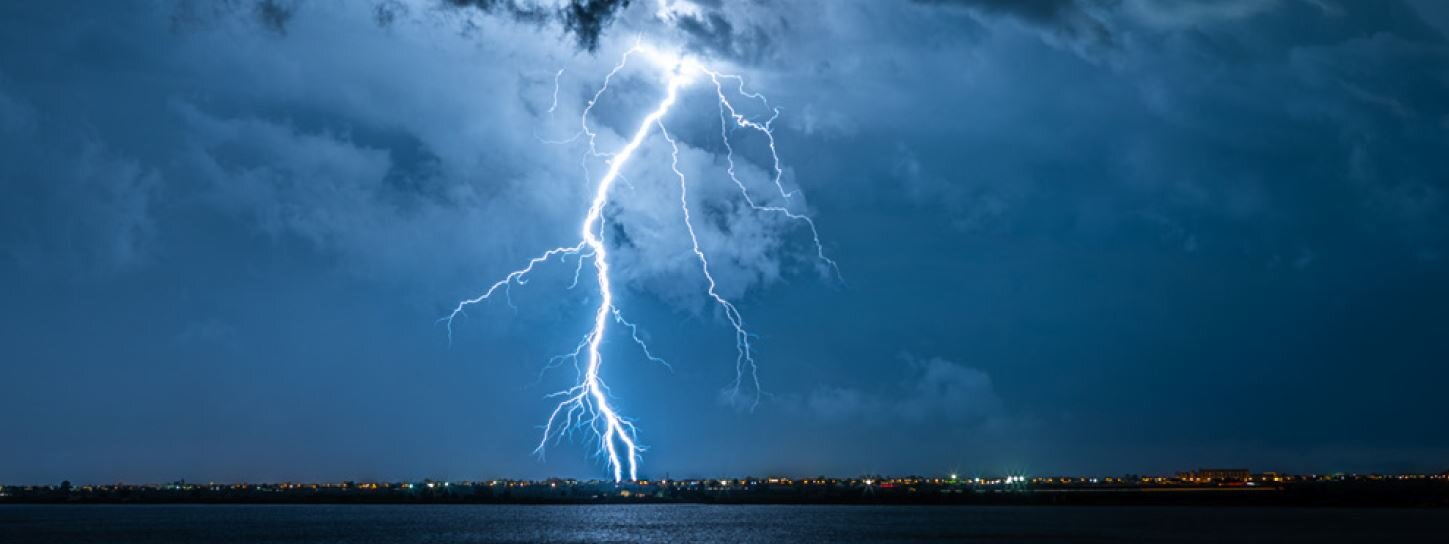What’s A Heat Pump and how can it cool your home?
If you’re reading that headline and wondering what does heat have to do with cooling my home… then you’re not alone. In this case, the name heat pump is deceiving because this equipment actually has dual purpose to both heat and cool your home.
In the summertime, a heat pump and an air conditioner are essentially the same thing: they both take heat from inside the house, transfer it through a refrigerant and deposit it outside, leaving the inside cool. But in the winter, the settings on a heat pump can be reversed so that instead of depositing the hot air outside, it pushes it inside to heat your home (hence the name!).
Another great feature of heat pumps… they don’t require ductwork! Who doesn’t like a versatile piece of equipment with a simple installation? A small hole is made to connect the outdoor condenser with the inside heat pump.
While typically heat pumps are not used as the single heat source for a home, they are a great way to offset your energy bill in late fall and early spring when the days are cooler.
Visit Quinoco.com/ductless to learn the four most common situations in which ductless heat pumps are used in homes or to set up an appointment with one of our Comfort Specialists.






































